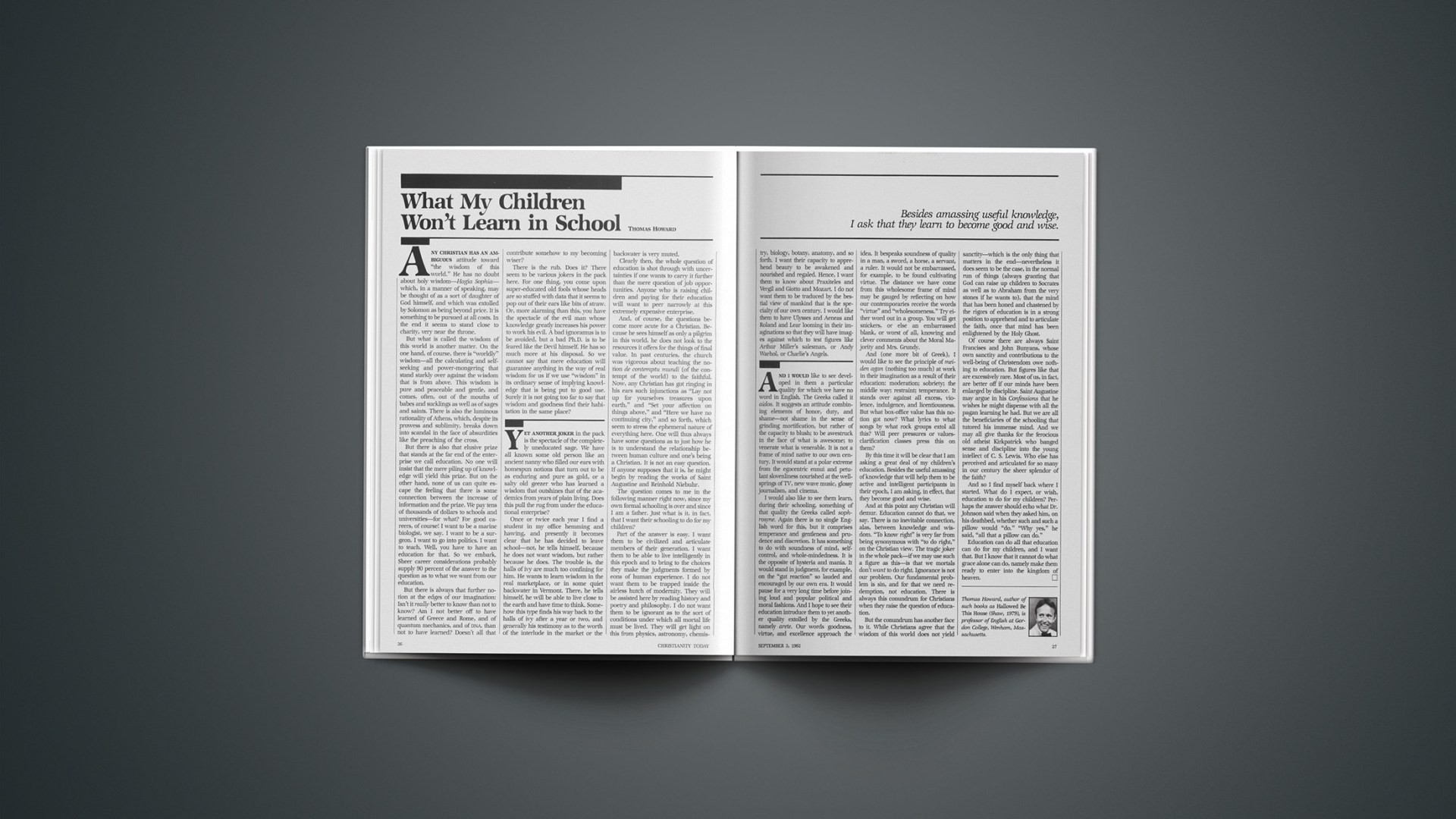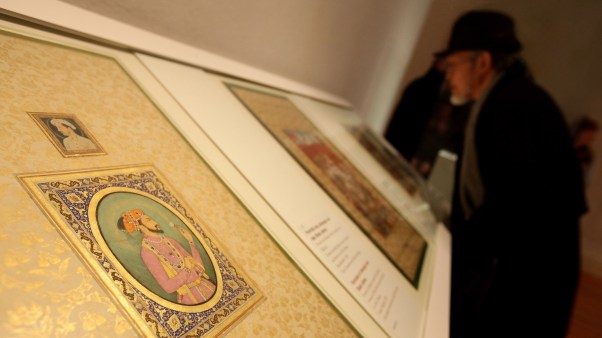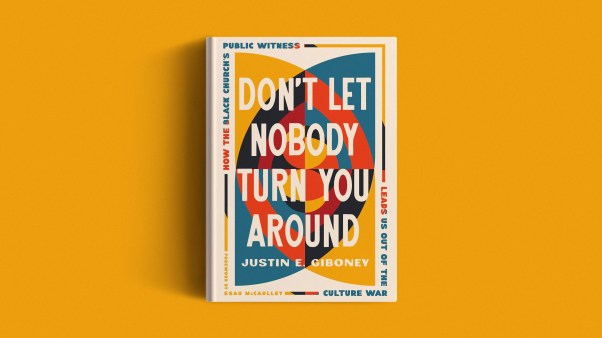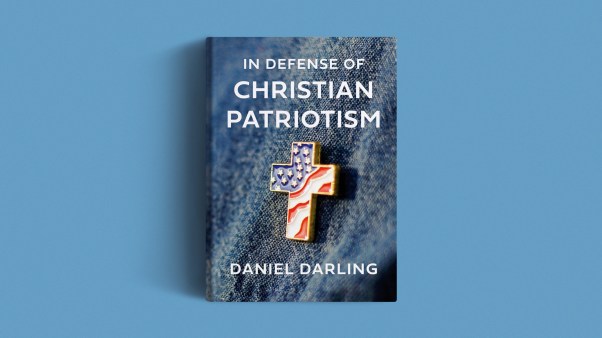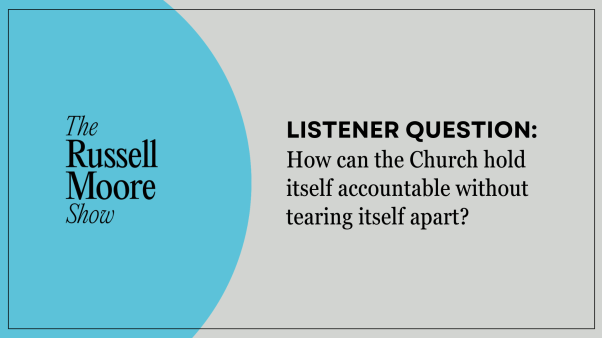Any christian has an ambiguous attitude toward “the wisdom of this world.” He has no doubt about holy wisdom—Hagia Sophia—which, in a manner of speaking, may be thought of as a sort of daughter of God himself, and which was extolled by Solomon as being beyond price. It is something to be pursued at all costs. In the end it seems to stand close to charity, very near the throne.
But what is called the wisdom of this world is another matter. On the one hand, of course, there is “worldly” wisdom—all the calculating and self-seeking and power-mongering that stand starkly over against the wisdom that is from above. This wisdom is pure and peaceable and gentle, and comes, often, out of the mouths of babes and sucklings as well as of sages and saints. There is also the luminous rationality of Athens, which, despite its prowess and sublimity, breaks down into scandal in the face of absurdities like the preaching of the cross.
But there is also that elusive prize that stands at the far end of the enterprise we call education. No one will insist that the mere piling up of knowledge will yield this prize. But on the other hand, none of us can quite escape the feeling that there is some connection between the increase of information and the prize. We pay tens of thousands of dollars to schools and universities—for what? For good careers, of course! I want to be a marine biologist, we say. I want to be a surgeon. I want to go into politics. I want to teach. Well, you have to have an education for that. So we embark. Sheer career considerations probably supply 90 percent of the answer to the question as to what we want from our education.
But there is always that further notion at the edges of our imagination: Isn’t it really better to know than not to know? Am I not better off to have learned of Greece and Rome, and of quantum mechanics, and of DNA, than not to have learned? Doesn’t all that contribute somehow to my becoming wiser?
There is the rub. Does it? There seem to be various jokers in the pack here. For one thing, you come upon super-educated old fools whose heads are so stuffed with data that it seems to pop out of their ears like bits of straw. Or, more alarming than this, you have the spectacle of the evil man whose knowledge greatly increases his power to work his evil. A bad ignoramus is to be avoided, but a bad Ph.D. is to be feared like the Devil himself. He has so much more at his disposal. So we cannot say that mere education will guarantee anything in the way of real wisdom for us if we use “wisdom” in its ordinary sense of implying knowledge that is being put to good use. Surely it is not going too far to say that wisdom and goodness find their habitation in the same place?
Yet another joker in the pack is the spectacle of the completely uneducated sage. We have all known some old person like an ancient nanny who filled our ears with homespun notions that turn out to be as enduring and pure as gold, or a salty old geezer who has learned a wisdom that outshines that of the academics from years of plain living. Does this pull the rug from under the educational enterprise?
Once or twice each year I find a student in my office hemming and hawing, and presently it becomes clear that he has decided to leave school—not, he tells himself, because he does not want wisdom, but rather because he does. The trouble is, the halls of ivy are much too confining for him. He wants to learn wisdom in the real marketplace, or in some quiet backwater in Vermont. There, he tells himself, he will be able to live close to the earth and have time to think. Somehow this type finds his way back to the halls of ivy after a year or two, and generally his testimony as to the worth of the interlude in the market or the backwater is very muted.
Clearly then, the whole question of education is shot through with uncertainties if one wants to carry it further than the mere question of job opportunities. Anyone who is raising children and paying for their education will want to peer narrowly at this extremely expensive enterprise.
And, of course, the questions become more acute for a Christian. Because he sees himself as only a pilgrim in this world, he does not look to the resources it offers for the things of final value. In past centuries, the church was vigorous about teaching the notion de contemptu mundi (of the contempt of the world) to the faithful. Now, any Christian has got ringing in his ears such injunctions as “Lay not up for yourselves treasures upon earth,” and “Set your affection on things above,” and “Here we have no continuing city,” and so forth, which seem to stress the ephemeral nature of everything here. One will thus always have some questions as to just how he is to understand the relationship between human culture and one’s being a Christian. It is not an easy question. If anyone supposes that it is, he might begin by reading the works of Saint Augustine and Reinhold Niebuhr.
The question comes to me in the following manner right now, since my own formal schooling is over and since I am a father. Just what is it, in fact, that I want their schooling to do for my children?
Part of the answer is easy. I want them to be civilized and articulate members of their generation. I want them to be able to live intelligently in this epoch and to bring to the choices they make the judgments formed by eons of human experience. I do not want them to be trapped inside the airless hutch of modernity. They will be assisted here by reading history and poetry and philosophy. I do not want them to be ignorant as to the sort of conditions under which all mortal life must be lived. They will get light on this from physics, astronomy, chemistry, biology, botany, anatomy, and so forth. I want their capacity to apprehend beauty to be awakened and nourished and regaled. Hence, I want them to know about Praxiteles and Vergil and Giotto and Mozart. I do not want them to be traduced by the bestial view of mankind that is the specialty of our own century. I would like them to have Ulysses and Aeneas and Roland and Lear looming in their imaginations so that they will have images against which to test figures like Arthur Miller’s salesman, or Andy Warhol, or Charlie’s Angels.
Besides amassing useful knowledge, I ask that they learn to become good and wise.
And i would like to see developed in them a particular quality for which we have no word in English. The Greeks called it aidos. It suggests an attitude combining elements of honor, duty, and shame—not shame in the sense of grinding mortification, but rather of the capacity to blush; to be awestruck in the face of what is awesome; to venerate what is venerable. It is not a frame of mind native to our own century. It would stand at a polar extreme from the egocentric ennui and petulant slovenliness nourished at the well-springs of TV, new wave music, glossy journalism, and cinema.
I would also like to see them learn, during their schooling, something of that quality the Greeks called sophrosyne. Again there is no single English word for this, but it comprises temperance and gentleness and prudence and discretion. It has something to do with soundness of mind, self-control, and whole-mindedness. It is the opposite of hysteria and mania. It would stand in judgment, for example, on the “gut reaction” so lauded and encouraged by our own era. It would pause for a very long time before joining loud and popular political and moral fashions. And I hope to see their education introduce them to yet another quality extolled by the Greeks, namely arete. Our words goodness, virtue, and excellence approach the idea. It bespeaks soundness of quality in a man, a sword, a horse, a servant, a ruler. It would not be embarrassed, for example, to be found cultivating virtue. The distance we have come from this wholesome frame of mind may be gauged by reflecting on how our contemporaries receive the words “virtue” and “wholesomeness.” Try either word out in a group. You will get snickers, or else an embarrassed blank, or worst of all, knowing and clever comments about the Moral Majority and Mrs. Grundy.
And (one more bit of Greek), I would like to see the principle of meiden agan (nothing too much) at work in their imagination as a result of their education: moderation; sobriety; the middle way; restraint; temperance. It stands over against all excess, violence, indulgence, and licentiousness. But what box-office value has this notion got now? What lyrics to what songs by what rock groups extol all this? Will peer pressures or values-clarification classes press this on them?
By this time it will be clear that I am asking a great deal of my children’s education. Besides the useful amassing of knowledge that will help them to be active and intelligent participants in their epoch, I am asking, in effect, that they become good and wise.
And at this point any Christian will demur. Education cannot do that, we say. There is no inevitable connection, alas, between knowledge and wisdom. “To know right” is very far from being synonymous with “to do right,” on the Christian view. The tragic joker in the whole pack—if we may use such a figure as this—is that we mortals don’t want to do right. Ignorance is not our problem. Our fundamental problem is sin, and for that we need redemption, not education. There is always this conundrum for Christians when they raise the question of education.
But the conundrum has another face to it. While Christians agree that the wisdom of this world does not yield sanctity—which is the only thing that matters in the end—nevertheless it does seem to be the case, in the normal run of things (always granting that God can raise up children to Socrates as well as to Abraham from the very stones if he wants to), that the mind that has been honed and chastened by the rigors of education is in a strong position to apprehend and to articulate the faith, once that mind has been enlightened by the Holy Ghost.
Of course there are always Saint Francises and John Bunyans, whose own sanctity and contributions to the well-being of Christendom owe nothing to education. But figures like that are excessively rare. Most of us, in fact, are better off if our minds have been enlarged by discipline. Saint Augustine may argue in his Confessions that he wishes he might dispense with all the pagan learning he had. But we are all the beneficiaries of the schooling that tutored his immense mind. And we may all give thanks for the ferocious old atheist Kirkpatrick who banged sense and discipline into the young intellect of C. S. Lewis. Who else has perceived and articulated for so many in our century the sheer splendor of the faith?
And so I find myself back where I started. What do I expect, or wish, education to do for my children? Perhaps the answer should echo what Dr. Johnson said when they asked him, on his deathbed, whether such and such a pillow would “do.” “Why yes,” he said, “all that a pillow can do.”
Education can do all that education can do for my children, and I want that. But I know that it cannot do what grace alone can do, namely make them ready to enter into the kingdom of heaven.
Thomas Howard, author of such books as Hallowed Be This House (Shaw, 1979), is professor of English at Gordon College, Wenham, Massachusetts.

